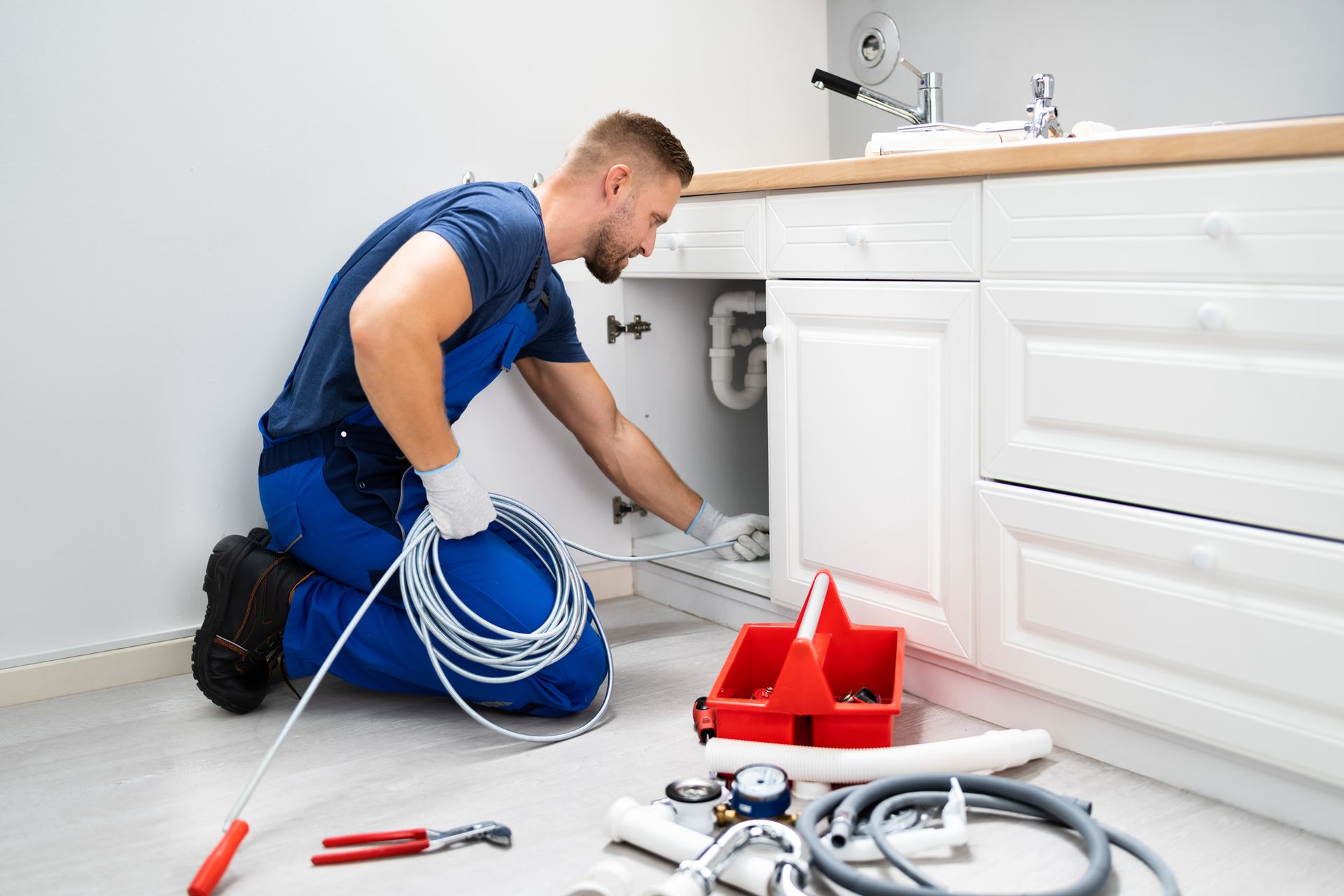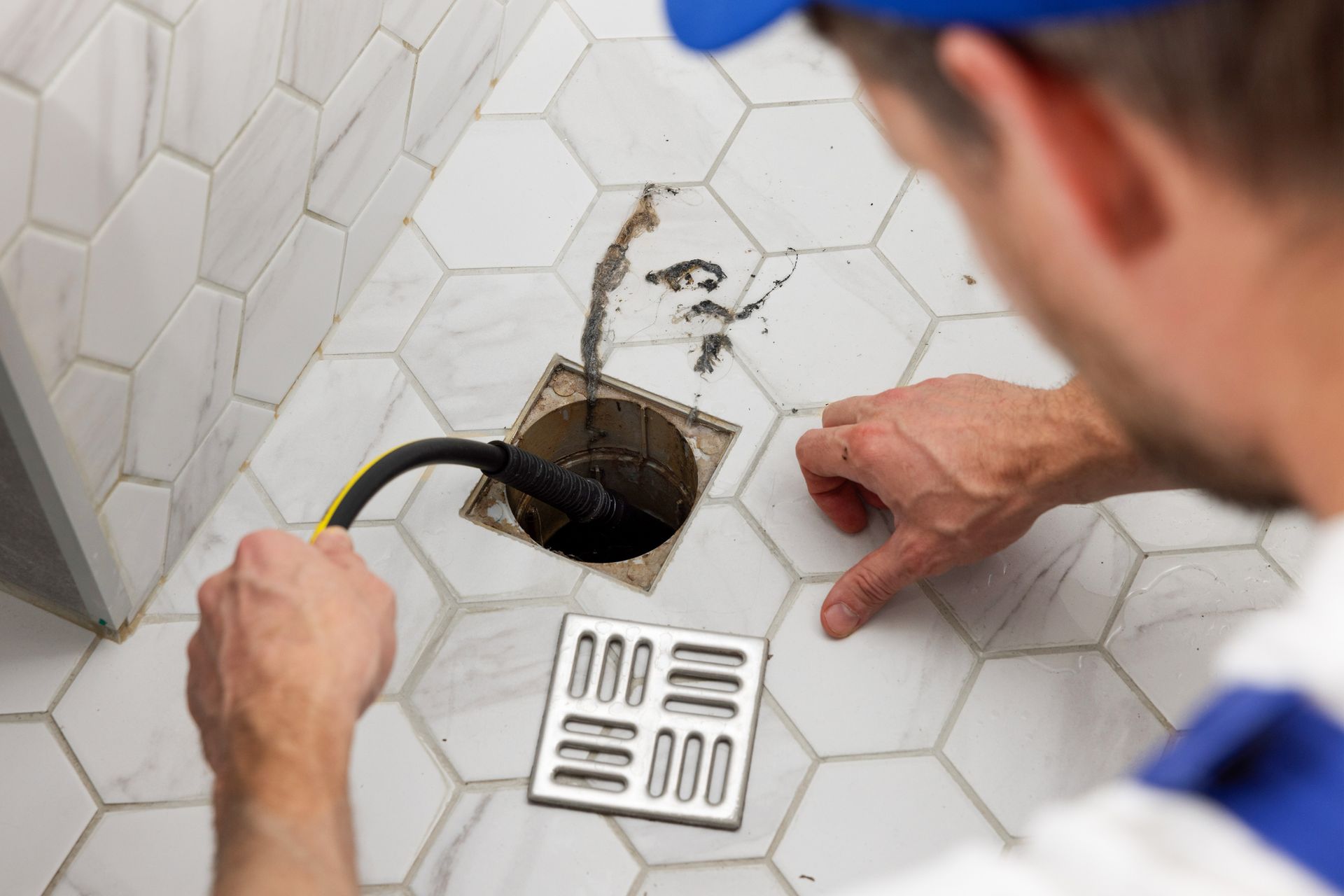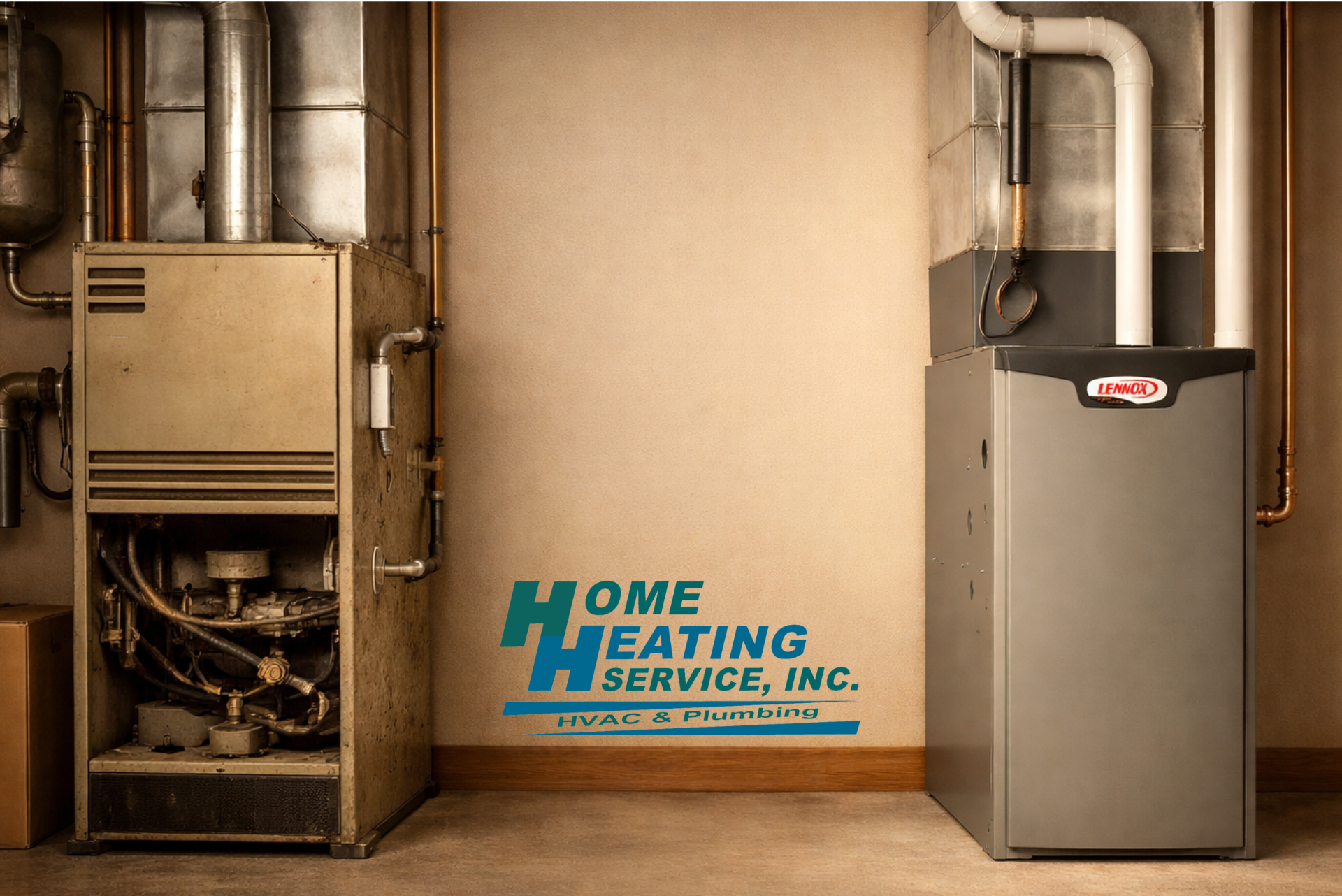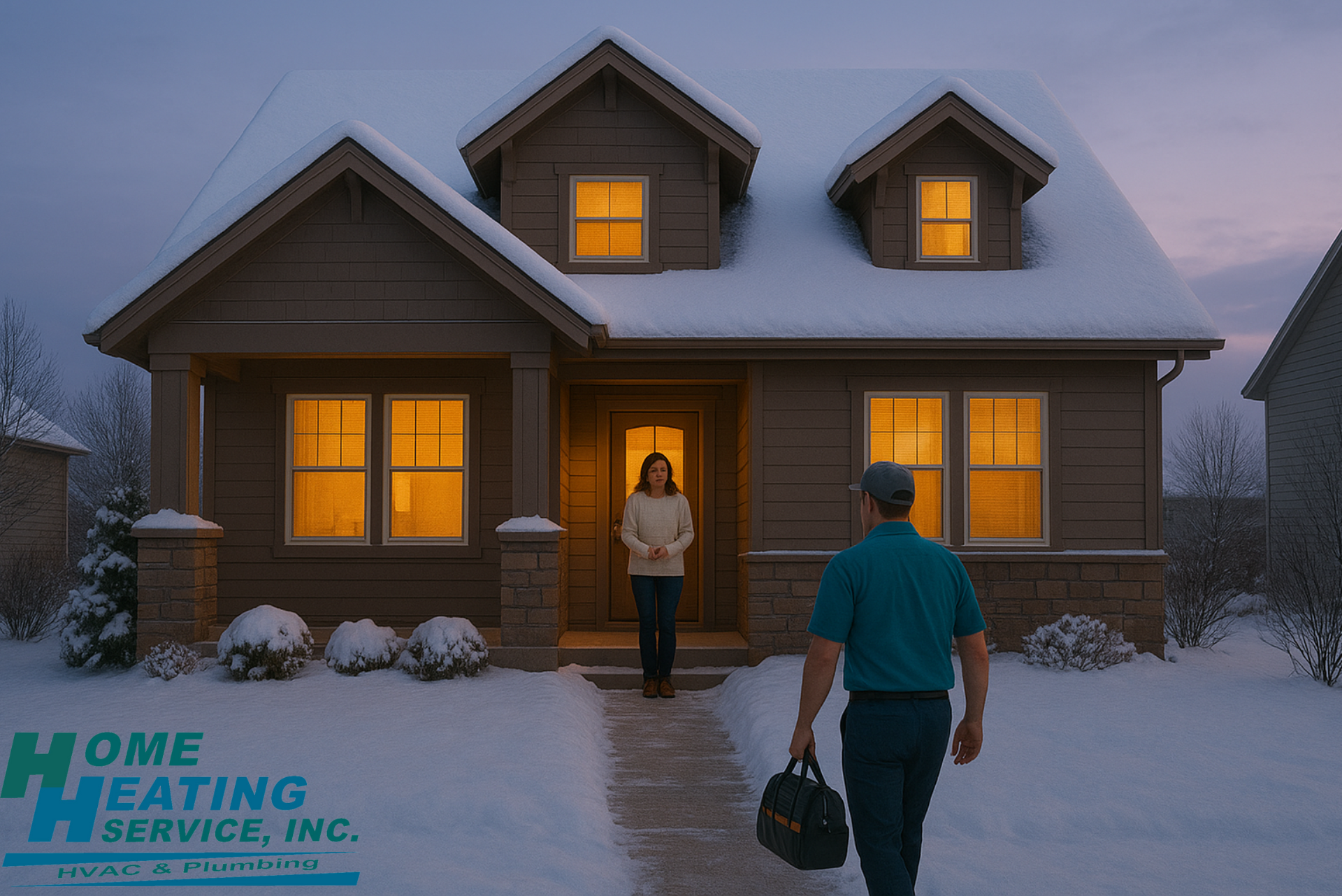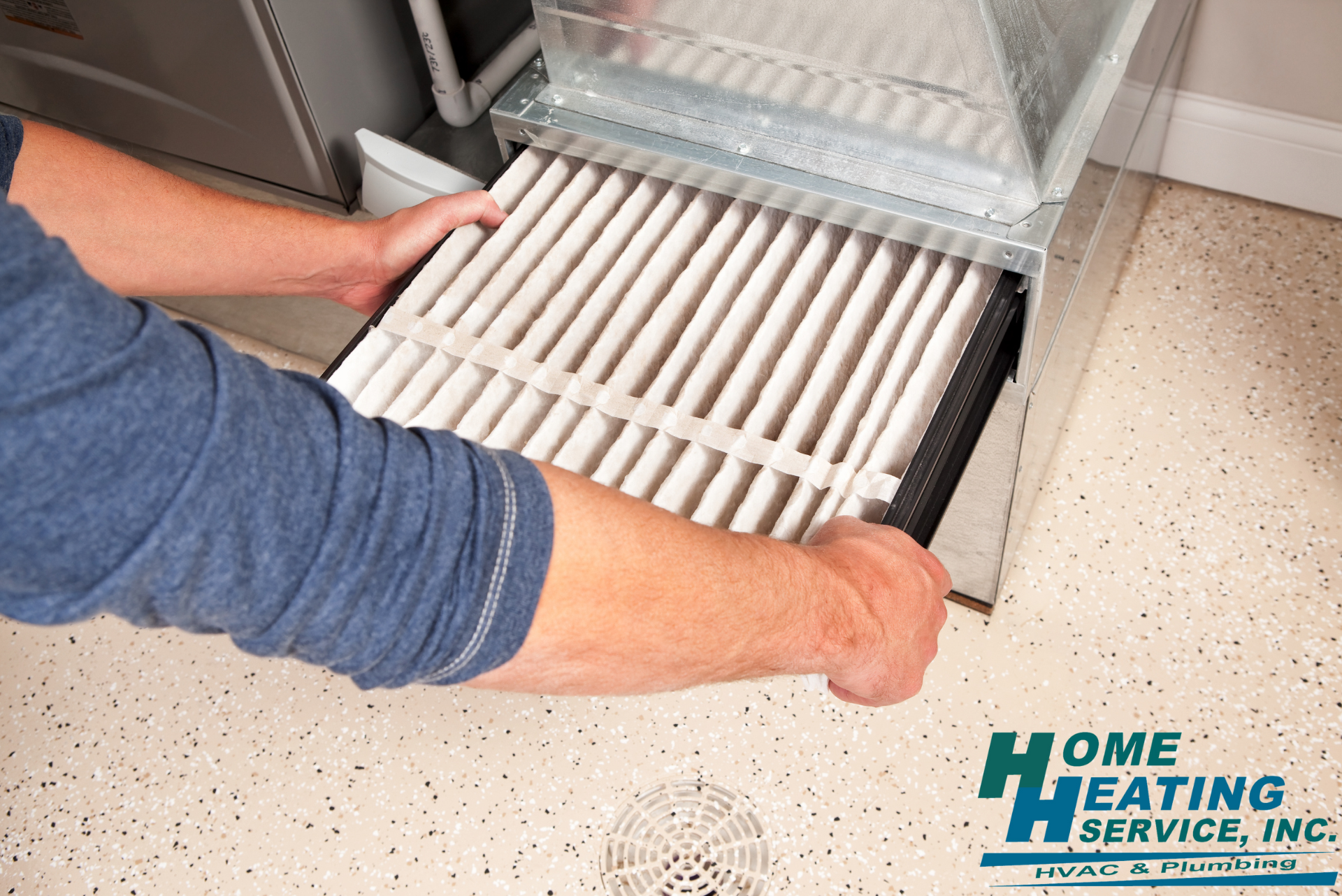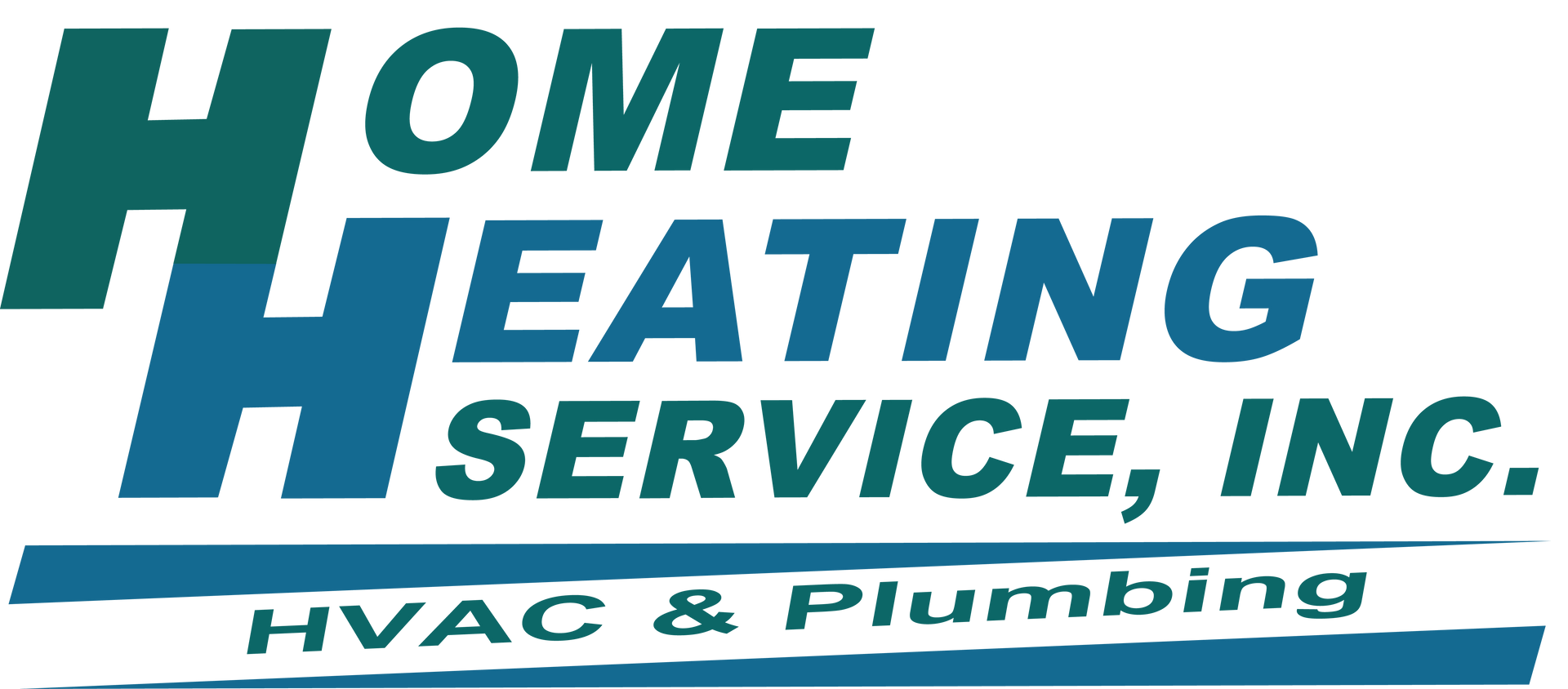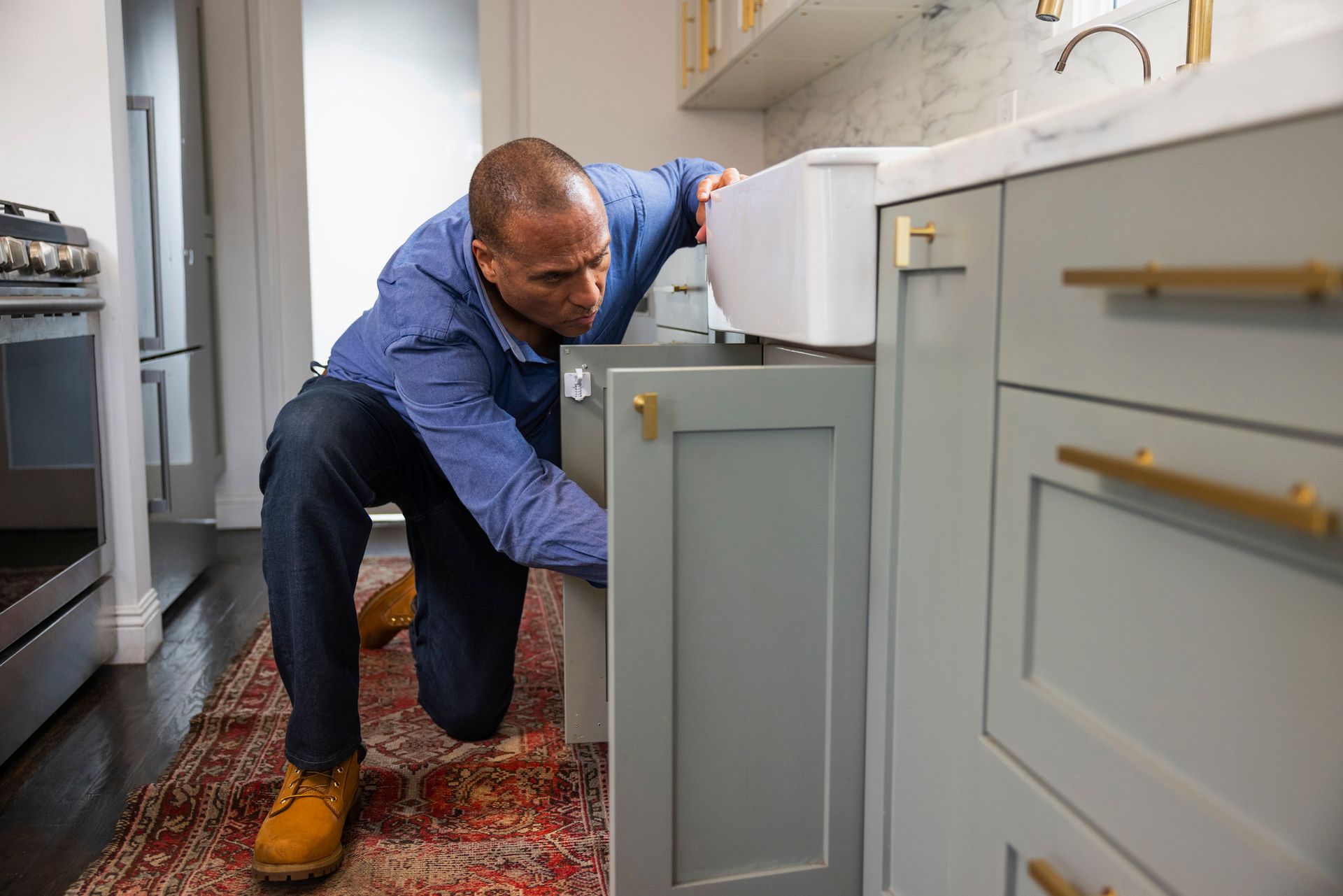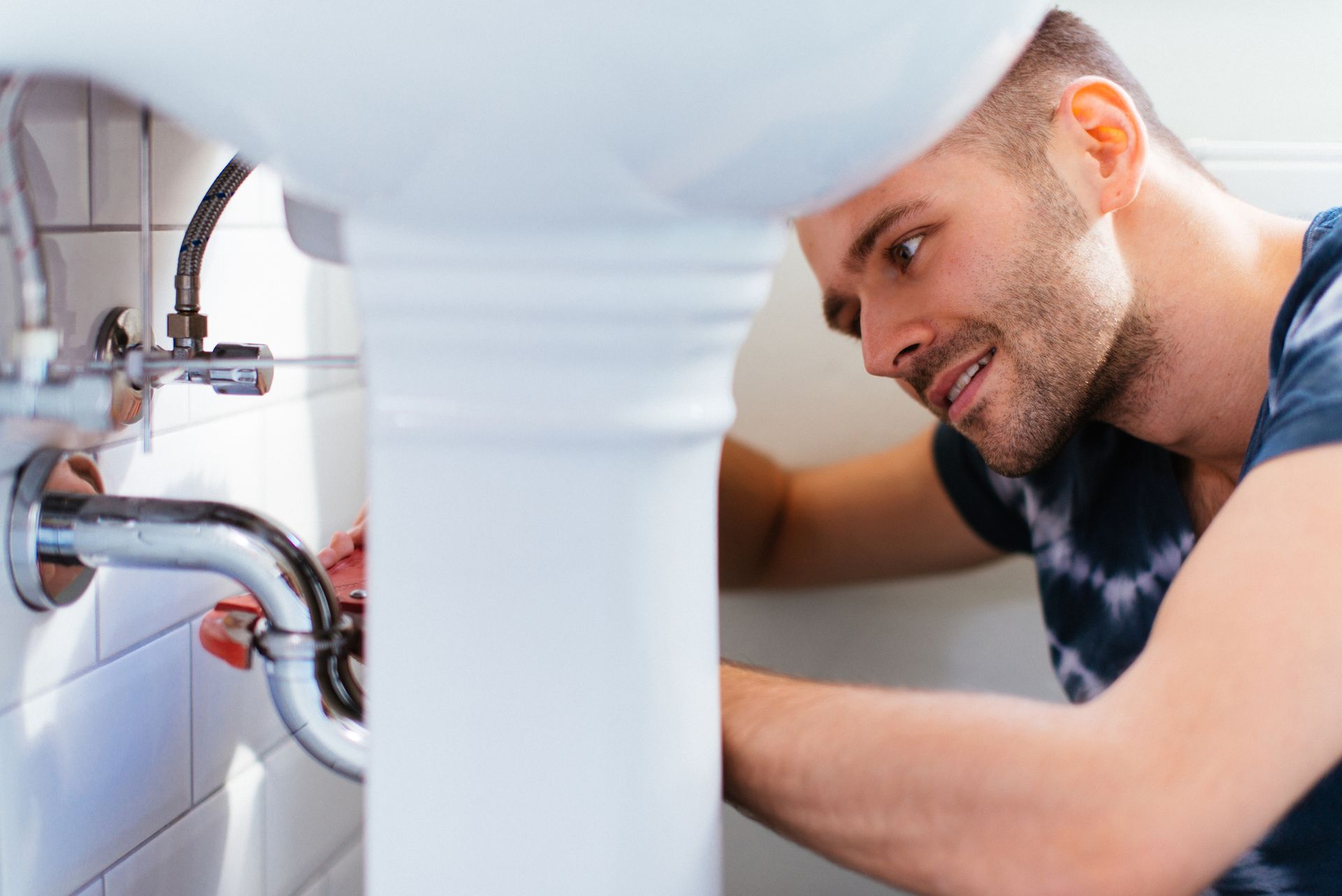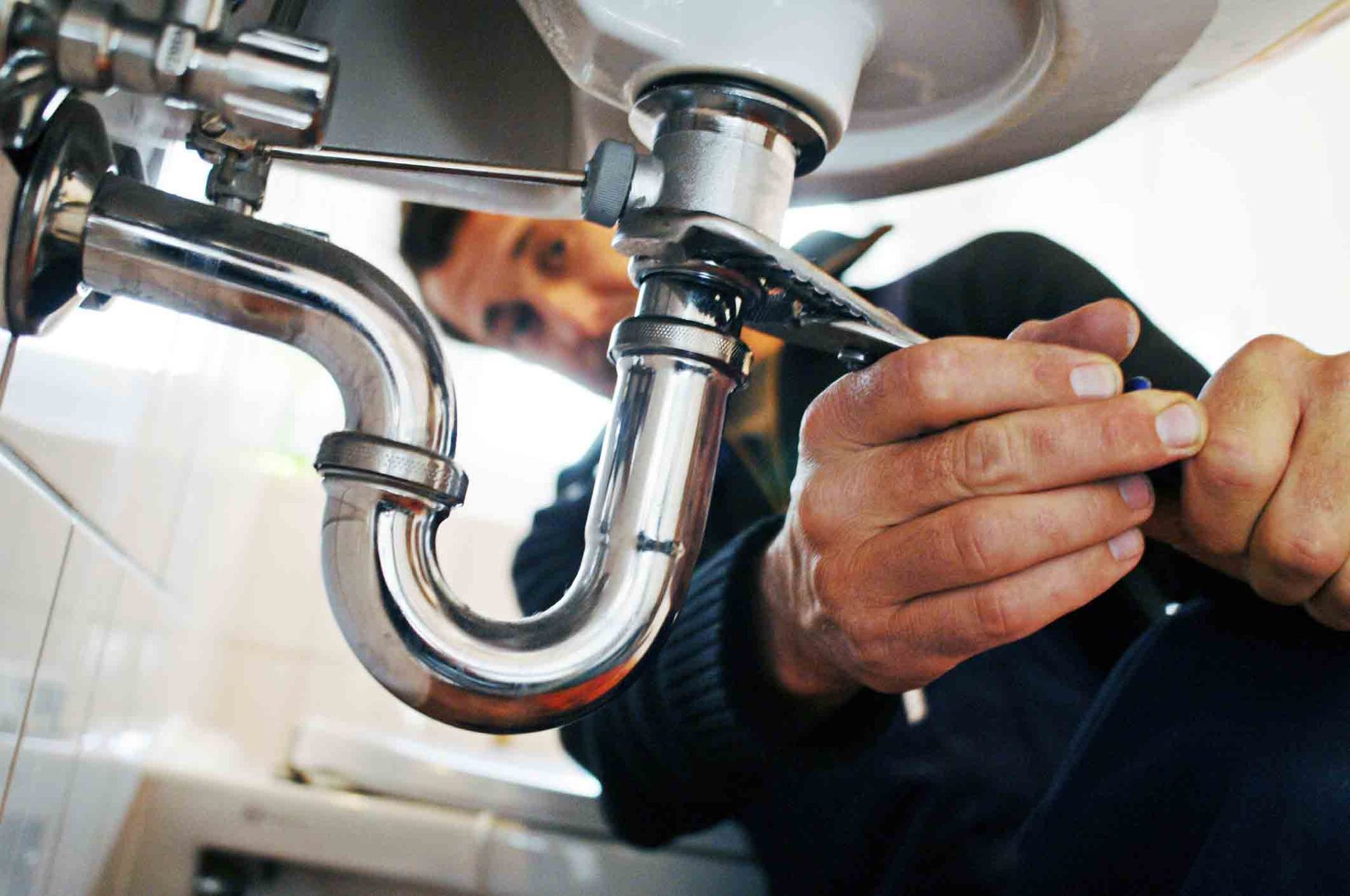By Sydney Bagby
•
February 1, 2026
When a big HVAC project lands on your plate—a failing furnace, a worn-out AC, or a major system upgrade—it often comes with a second wave of stress: “How am I going to pay for this?” “Is there a smarter way to handle this cost?” “Am I getting a fair deal—or just a low monthly payment that hides the real price?” You’re not alone in asking those questions. Heating and cooling systems are some of the largest investments most Colorado Springs homeowners make in their homes, and the way you pay for that project can matter just as much as the equipment you choose. At Home Heating Service, we believe you deserve clear, pressure-free guidance—not confusing offers or rushed decisions. In addition to clear, upfront pricing, we also provide a range of financing options for repairs, replacements, and new installations with approved credit, so you can choose the right solution for your home without feeling boxed in by cost. This guide will walk you through: What goes into the true cost of an HVAC project The main ways homeowners pay for bigger jobs Smart principles for using financing wisely Red flags to watch out for How planning ahead can protect both your comfort and your budget You don’t have to become a financing expert—but a little understanding goes a long way. The Real Cost of HVAC Projects (Beyond Just the Price Tag) When you hear a number for a new furnace, AC, or major repair, it’s easy to focus only on the upfront price. But the real cost of an HVAC project usually includes several pieces: Equipment: The furnace, air conditioner, heat pump, or add-ons like a whole-home humidifier or smart thermostat. Labor and installation quality: A properly sized, correctly installed system will last longer, perform better, and often cost less to run. Poor installation can lead to repeated issues and higher bills. System improvements (when needed): Sometimes ductwork, electrical, or venting needs to be updated so the new equipment can run safely and efficiently. Long-term operating costs: The energy your system uses month after month and the likelihood of future repairs. When you think about how to pay for an HVAC project, it helps to think in terms of total cost of ownership: The price today Plus the energy you’ll use Plus any repairs you’re likely to face down the road Sometimes a higher-efficiency, better-matched system has a bigger price tag upfront, but ends up being less expensive over its lifetime. Your Main Options for Paying for HVAC Work Every household is different, but most HVAC projects end up paid for in one of these ways. This isn’t financial advice—it’s just a plain-English overview so you can feel more prepared. 1. Paying with Cash or Savings Pros: No interest or financing fees No monthly payment added to your budget Cons: A large, sudden hit to your savings May not be possible during an unexpected failure If you have the funds set aside and the project is planned (for example, replacing an old system before it fails), paying cash can make sense. But it’s also okay if that’s not realistic—many homeowners don’t have that kind of cash ready for a surprise breakdown. 2. Using General Credit (Credit Cards, Personal Loans) Pros: Fast and familiar for many people Can bridge a short-term gap if you plan to pay it off quickly Cons: Interest rates can be higher than other options Easy to underestimate how long you’ll carry the balance Total cost can end up much higher than the project itself If you go this route, it’s important to look at: Your interest rate How quickly you can realistically pay it down A “quick fix” on a card can become expensive if it lingers. 3. Dedicated HVAC Financing or Payment Plans (with Home Heating Service) In addition to cash and general credit, many homeowners prefer structured HVAC financing that’s designed for home projects. At Home Heating Service, we offer financing for repairs, sales, and installations with approved credit, including: Financing for repair jobs of $500 or more Special financing for new installations and replacements Options that can work for primary residences, vacation homes, and some rental or manufactured homes These plans can make it easier to move forward with the right solution when your system is failing or needs a major upgrade, without draining your savings all at once. As with any financing, it’s important to understand: The interest rate (APR) The term length (how many months) The total amount you’ll pay over time Examples of financing options we offer (with approved credit) No Interest if Paid in Full in 12 Months – Helpful if you want to spread out payments but expect to pay the project off relatively quickly. Fixed APR of 9.99% for 120 Months – A longer-term option with predictable monthly payments. You can review current details and apply directly through our Financing page . 4. Rebates and Incentives (Where Available) In some cases, local utilities or programs may offer rebates or incentives for high-efficiency upgrades. These don’t replace payment or financing decisions, but they can: Lower the net cost of a project Make an energy-efficient upgrade more affordable You can ask our team what may be available in Colorado Springs when you’re planning your project. Smart Principles for Financing HVAC Projects No matter which option you use, a few simple principles can help you make a smart, low-stress decision. 1. Look Beyond the Monthly Payment A low monthly payment can be attractive—but it doesn’t tell the whole story. Ask: What is the interest rate? How long is the term? What will I pay in total over the life of the agreement? Sometimes a slightly higher monthly payment with a shorter term or lower rate can save you a meaningful amount in the long run. 2. Prioritize Safety and Comfort First Your first priority should always be: A safe system Reliable heat or cooling Reasonable comfort in your home Cosmetic extras or non-essential add-ons can often wait until later. If you need to prioritize, put your financing into fixing safety issues and restoring reliable comfort before anything else. 3. Match the Financing Term to the Life of the Equipment It generally doesn’t make sense to: Finance a system over a term that’s longer than its realistic remaining life. For example: Financing a new furnace over many years can be sensible if it’s expected to last 15–20 years. Financing an older system or short-term repair over a very long period can leave you paying on something that’s no longer in your home. 4. Avoid Long-Term Debt for Short-Term “Extras” If you’re considering additional features (like decorative add-ons or non-essential accessories), ask yourself: Will this still be valuable to me years from now? Is it worth paying interest on over time? It’s often better to focus your financing on what matters most: Safety Reliability True comfort Energy efficiency that reduces your monthly utility bills When Financing Can Be a Smart Move Financing isn’t always a last resort. In many situations, it can be a practical tool that protects both your comfort and your savings. Financing might be a smart option when: Your current system is: Old and failing repeatedly Struggling to keep up in winter or summer Driving up your monthly energy bills A major repair costs a large portion of what a modern, efficient system would cost. You’d rather protect your emergency fund than drain it all at once. Imagine this scenario: You have an 18-year-old furnace that’s needed two significant repairs in recent years. A new major repair will cost a lot and still leaves you with an old, inefficient unit. Using a well-structured financing plan to install a new, efficient furnace could: Lower your risk of more surprise repairs Reduce your energy use Spread the cost out over time in a predictable way The goal isn’t to buy the most expensive thing—it’s to choose the solution that makes the most sense for your comfort, your long-term costs, and your peace of mind. Red Flags to Watch for in Financing Offers Not all financing offers are created equ al. Here are a few signs to be cautious about, no matter who you’re working with: Unclear or complicated terms: If you can’t easily understand the rate, term, and total cost, ask for clarification—or walk away. Teaser or introductory rates that jump later: Very low initial rates that increase significantly after a period can cost more than you expect. High-pressure tactics: “Today only” or “you must sign right now” offers can be a red flag. A trustworthy partner will give you time to think and ask questions. Focus only on the monthly payment: If someone only talks about “just $X per month” and avoids your questions about rate, term, or total cost, be careful. You always have the right to: Ask for the terms in writing Take a little time to read them Ask as many questions as you need A good partner will welcome your questions, not rush you through them. How Home Heating Service Approaches Cost and Financing Conversations Every home, every budget, and every system is different. Our job is to help you understand your options clearly so you can make the right decision for your situation. When we talk through a significant HVAC project with you, we focus on: Transparent estimates: We explain what’s included and why—no vague bundles, no hidden items. Clear options: We’ll walk you through: What a repair would involve and what you can expect from it What a replacement or upgrade would look like How different options may affect your comfort and energy use Respect for your budget: We know HVAC projects are big decisions. Our role is to guide and support—not to push. If financing is part of the conversation, we’ll walk you through the options we have available and point you to our Financing page so you can review the details, run the numbers, and apply when you’re ready—no pressure. How to Prepare Financially Before You Need a Big HVAC Project The best time to think about HVAC financing is before you’re in an emergency. Here are a few steps that can help: Set aside a small monthly amount for home systems: Even a modest “home comfort fund” can soften the impact of a repair or replacement. Schedule regular maintenance: Joining something like our Comfort Club helps: Extend the life of your system Catch problems earlier Give you a clearer sense of how your system is aging Pay attention to early warning signs: Strange noises, rising bills, uneven comfort—these can be signs it’s time to plan, not panic. When you understand the condition of your system and have a rough idea of what might be coming in the next few years, you’re in a much better position to: Compare options calmly Consider whether financing makes sense Avoid rushed, high-stress decisions When you’re ready to explore specific programs, you can visit our Financing page to see current offers, learn about qualifications, and start an application if it’s a fit. Recap: A Simple Checklist for Smart HVAC Financing When you’re facing a big HVAC project and wondering how to pay for it, use this quick checklist: Do I understand the full cost of the project (equipment, labor, efficiency), not just the sticker price? Have I considered my main options: savings, general credit, or dedicated HVAC financing? Am I looking at the total cost over time, not just the monthly payment? Does the financing term make sense with how long I expect the system to last? Am I focusing on safety, reliability, and real comfort—not just extras? Do I feel clear about the terms and comfortable with the partner I’m working with? You don’t have to figure this out alone. Having a trusted, local team by your side can make all the difference. Ready to Talk Through Your Options? If you’re considering a major furnace or HVAC project and you’re unsure how to approach the costs, we’re here to help. Step 1: Schedule a Home Comfort Assessment so we can evaluate your system, talk through repair vs. replacement options, and give you clear pricing. Step 2: Explore our Financing options for repairs, replacements, and installations with approved credit—so you can choose a payment approach that fits your budget and goals. Our goal is simple: help you find a path that protects your comfort, respects your budget, and gives you lasting peace of mind. FAQs: Smart Financing for HVAC Projects Q: Do you offer financing for HVAC repairs and replacements? Yes. We offer financing options for repairs, replacements, and new installationswith approved credit, including special options for larger repair jobs and new equipment. You can review current programs and apply directly through our Financing page. Q: Is it better to repair now and save up, or finance a replacement? It depends on your system’s age, repair history, comfort level, and energy use. Sometimes a targeted repair on a newer system is the smartest move. Other times, financing a replacement for an old, inefficient unit can save money and stress over the long term. A diagnostic assessment can clarify your specific situation. Q: Do I always need financing for HVAC replacement? Not always. Some homeowners use savings, some use financing, and many use a combination. The best approach depends on your comfort level, available funds, and other financial priorities. Q: What questions should I ask before agreeing to HVAC financing? Ask about: Interest rate (APR) Term length (how many months/years) Total amount you’ll pay over the full term Any fees or early payoff rules You should feel clear and comfortable before signing anything. Q: Can energy-efficient equipment really help offset the cost of financing? Higher-efficiency systems often use less energy, which can reduce your monthly utility bills. Those savings can help offset part of the cost over time—especially if your old system was very inefficient. Q: How can I avoid surprise HVAC expenses in the future? Regular maintenance, seasonal tune-ups, and a simple home comfort fund go a long way. Joining a plan like Comfort Club can also help you stay ahead of issues and plan for larger projects before they’re urgent.
